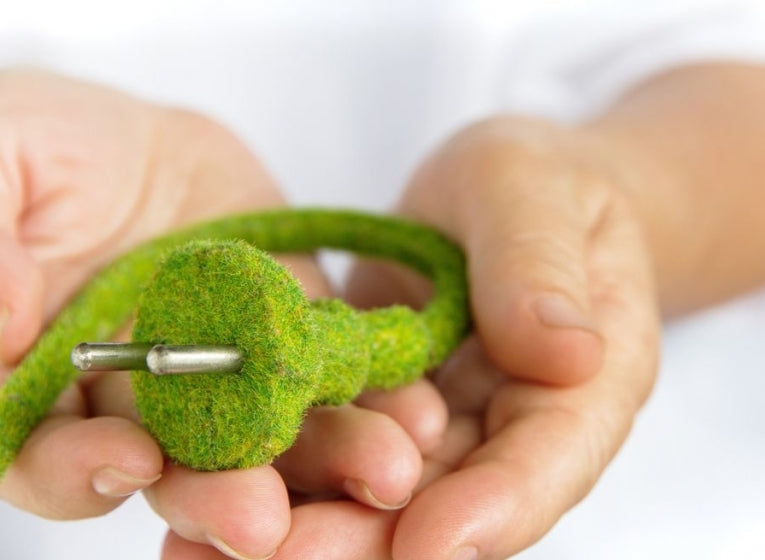It seems incredible, but we are so lazy, we never thought of synthesising lipid instead of stealing it from animals such as whales, plants or fossil deposits. To renew oil from a plant that does not use up millions of square km of forest hasn't been our dream, but it should have been. Obviously, we need to use this product efficiently without producing CO2 The shame of pollution has to be our greatest failure since apes began poking sticks into other animals' business.
Microalgae, like the diatoms that made oil, easily manufacture triglycerides (oils) and can be persuaded to synthesise any particular lipid we want, given the genome information we are now able to decipher. The industrial fermentation mentioned at the 245th annual meet of the American Chemical Society involved Walter Rakitsky's research on strains producing biofuel for planes. In addition, though the high oleic oils are very healthy for hearts and suitable as cosmetic or skin-care uses as well as being made safer for fuels.
The company involved in most of this production are able at the moment to synthesise large quantities in the same apparatus, simply by changing the strain of alga. Solazyme themselves regard it as crucial that they have switched from open microalgae ponds to an internal, dark production. By avoiding photosynthetic activity, the plants' energy simply comes from sugar cane and other similar sugars, resulting in pure products, sited as they are next to the cane, in Brazil. 110,000 tons of oil can be synthesised annually at the moment there, with three times that amount possible. It's seen as likely that plant waste could be used as raw material in the future.
The crucial difficulty with making this triglyceride into "clean energy" is clean-burn technology. The Achilles heel here means this technology cannot compete with wind or solar energy in the energy field until we can extract any CO2 from the energy production process. For food, cosmetics or plastic production, these oils are a godsend. We can relax about fossil fuel, fracking and the rest of the "old technologies" but science has to find "solutions to pollutions" as well as new avenues that might end up in a cul-de-sac!










